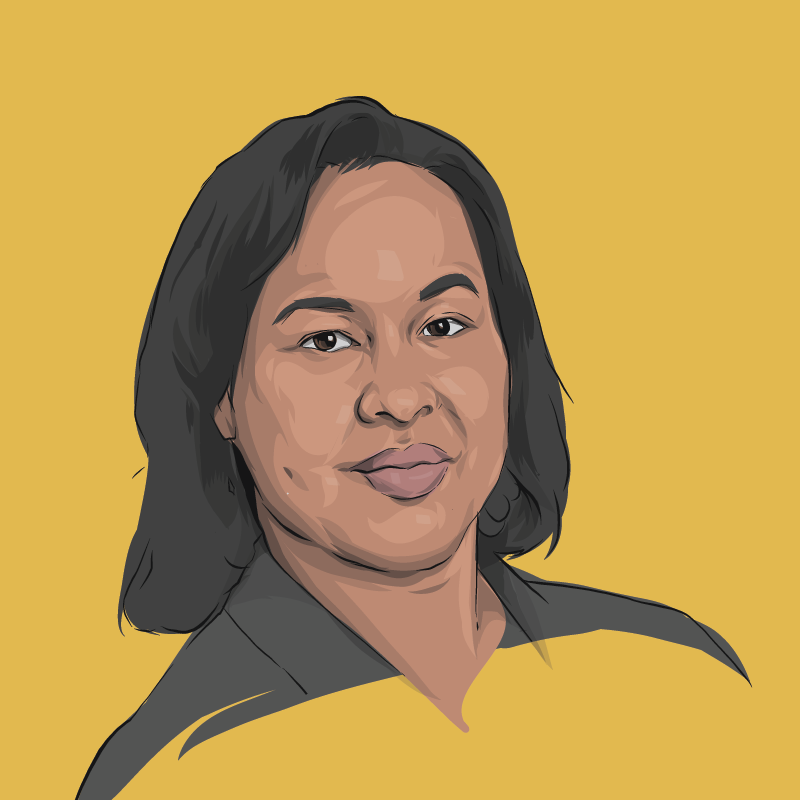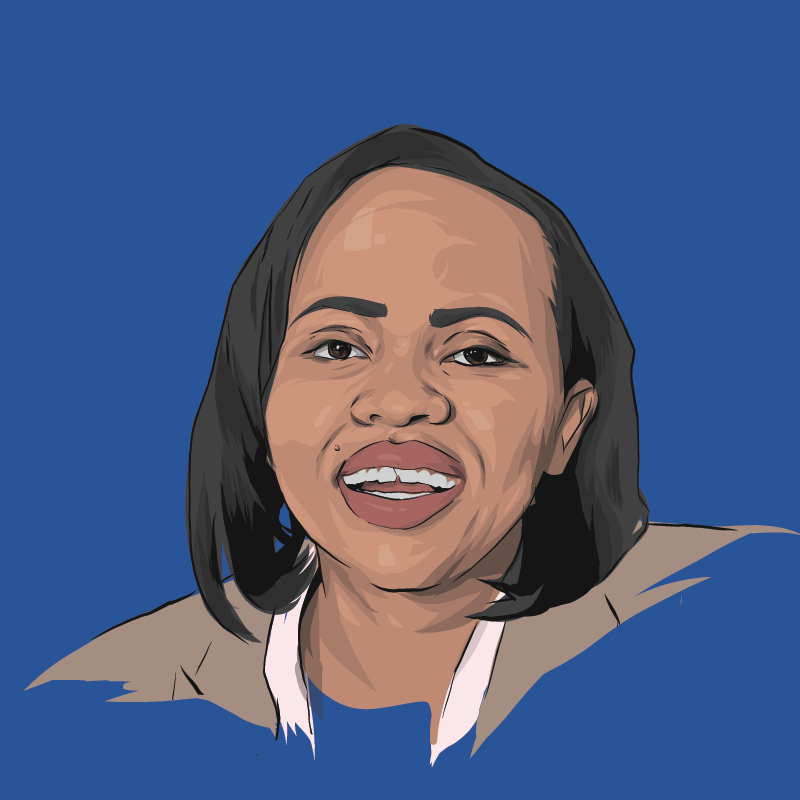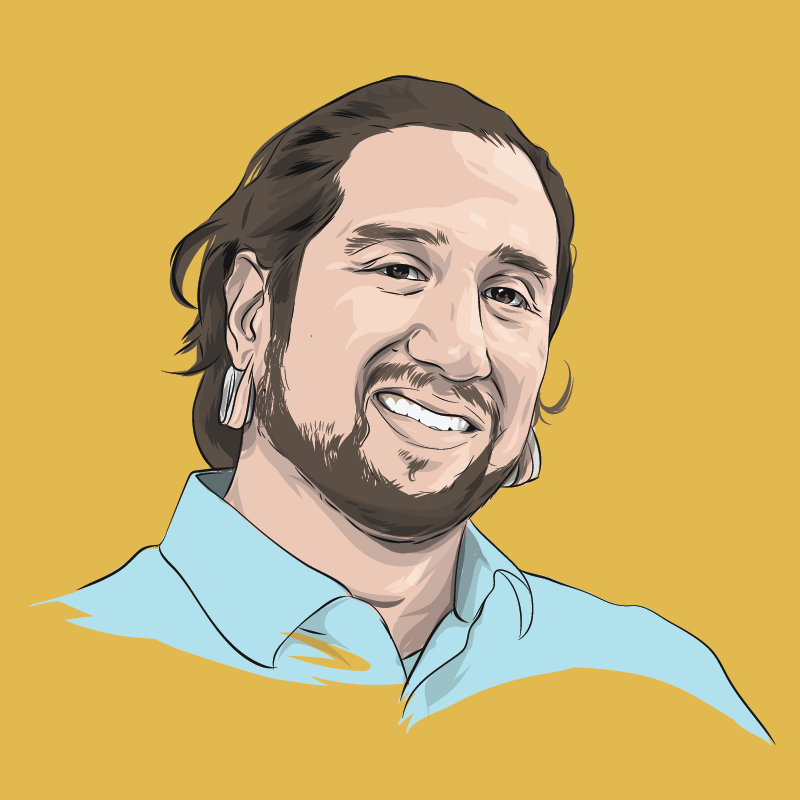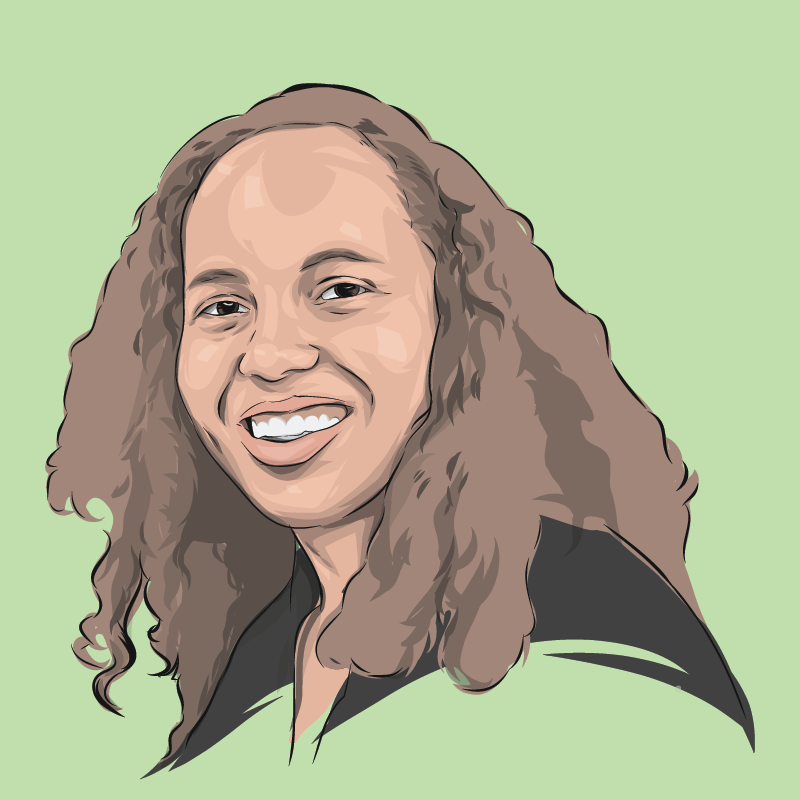Alessandra Orofino

Rio de Janeiro, Brazil
I know how to talk about political issues with people who hold very different views from my own
Ensaio Sobre a Lucidez by José Saramago
Local governments are responsible for the majority of public spending and service provisions in Brazil, but leaders are often out of touch from the real needs of local citizens. This gap has led to extreme inequality in Brazil, in education, transportation, healthcare, and employment. Cycles of low participation weaken democracy and leave citizens feeling disempowered to change their communities for the better.
Using community organizing, digital tools, and existing tech platforms, Nossas (Opens in a new tab) is mobilizing a network of activists and volunteers for social change across Brazil. Working primarily in disenfranchised regions of the country, Nossas has activated over 900,000 members to organize around critical social issues, like reproductive rights, government corruption, police violence, and more. Together, Nossas members work with local teams to create calls to action – directives to improve their city. Calls to action have led to the opening of new green spaces in poor neighborhoods, the creation of 24/7 women-only police stations, and the barring of the displacement of a community in the lead-up to the Olympic Games. Nossas drives innovation in civic engagement by pairing new online tools with offline action. The Mapa do Acolhimento project, for instance, uses Whatsapp to connect domestic violence victims with a network of over 4,500 therapists. Ultimately, Nossas aims to create a “generation that doesn’t take democracy for granted.”
"In 2012, we launched a campaign to save a local municipal school from demolition. It was going to be torn down to build a parking lot for the Maracanã Stadium in the lead up to the World Cup in Rio. We installed webcams in front of the school to monitor it 24/7 and had people sign up to receive text alerts in case a bulldozer was spotted on camera. We also raised money through crowdfunding to rent buses to bring the kids to the public hearings where the future of their school was being discussed. After over a year of intensive campaigning, we won. The school was saved and allowed to stay."


















